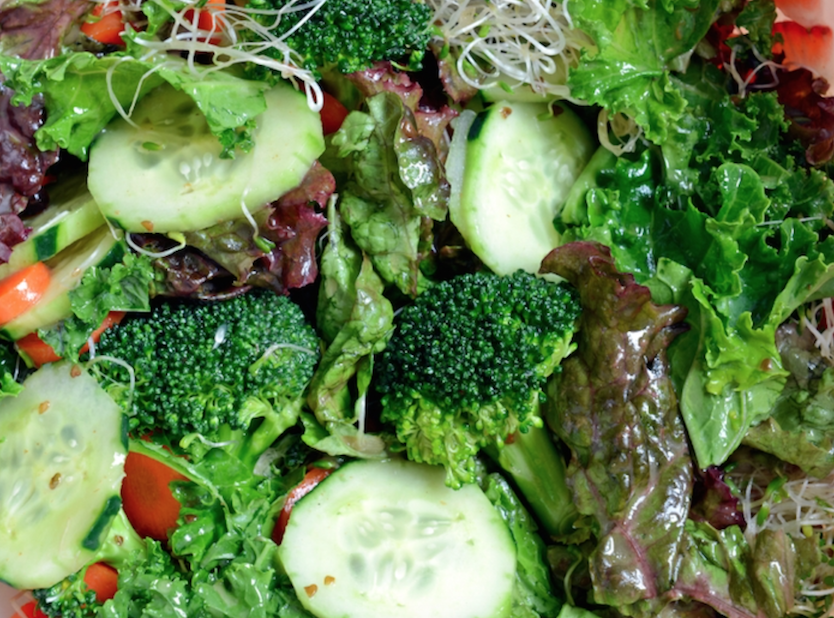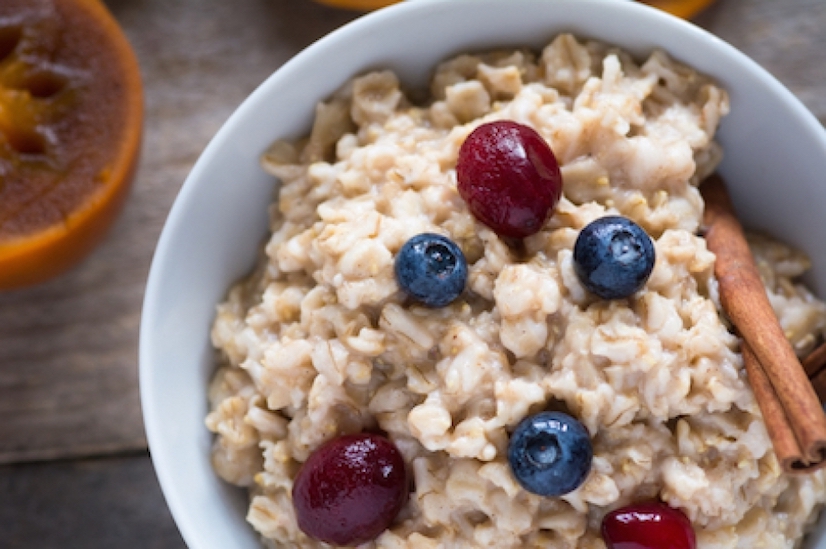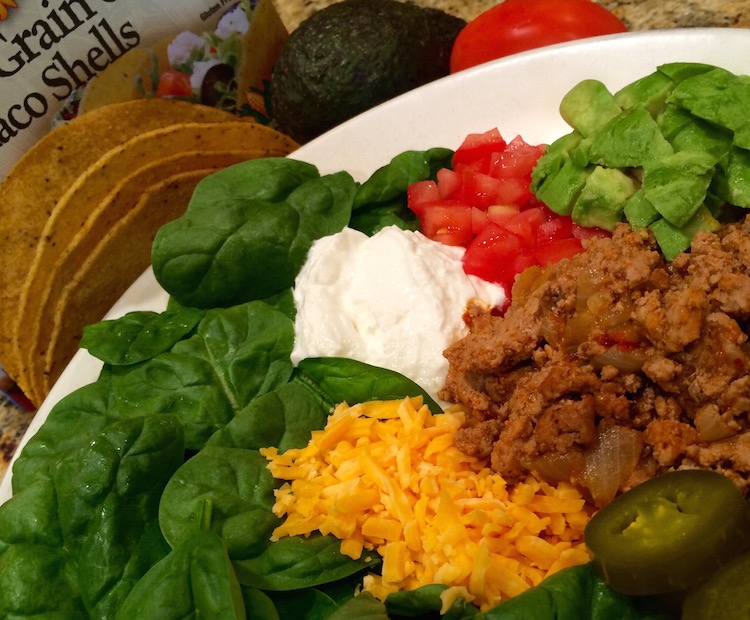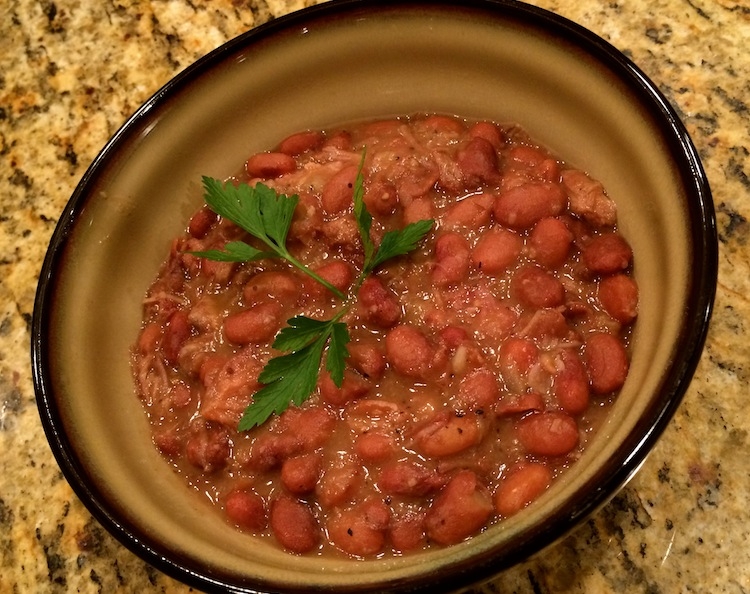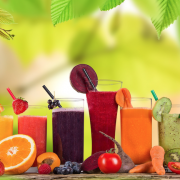People often ask me, “What foods prevent cancer?”
This is always a difficult question for me to answer. Aside from the fact that I’m not an oncologist, on both professional and personal levels, I’ve encountered so many health-conscious people who’ve contracted numerous forms of cancer in spite of having followed “proper” nutritional and dietary guidelines for prevention.
Still, evidence has long suggested that when coupled with regular screening examinations, regularly consuming plant-based foods can greatly reduce cancer occurrence as well as survival from the disease. Interestingly enough, cruciferous vegetables in particularly contain a unique blend of nutrients that makes them far more superior to most when it comes to fighting cancer.
What are cruciferous vegetables?
Although you may not know them by name, I’m sure you regularly take in at least one or more servings a day, as these powerful vegetables are among the most common and widely consumed worldwide. The extensive list of cruciferous vegetables includes bok choy, broccoli, Brussels sprouts, cabbage, cauliflower, collard greens, and kale.
Any of these sound familiar?
In and of themselves, cruciferous vegetables are incredibly nutrient-dense. Nearly all of them house large amounts of dietary fiber and key micronutrients including energy-boosting water-soluble vitamins (B-vitamins), fat-soluble vitamins (A, E, and K), and health-promoting minerals like phosphorus, potassium and manganese.
Related Article: How Different Types of Fiber Affect Your Health
Unlike other vegetables, they also have an exceptionally large presence of disease-fighting phytonutrient compounds called glucosinolates (isothiocyanates and indoles), which give them their uniquely bitter taste.
In fact, due to their extraordinarily rich content of isothiocyanate and indole compounds, regular consumption of cruciferous vegetables has been shown to substantially reduce cancer risk in organs such as the lungs, colorectum, prostate, breasts, and ovaries.
Related Article: The Anti-Cancer Diet: A Practical, Common Sense Approach to Prevention
Isothiocyanates primarily hinder cancer development and tumor growth. Indoles are slightly different, as they are specialized estrogen-like phytonutrients (phytoestrogens) that exert beneficial hormonal effects. As such, indoles are especially effective in the treatment and prevention of hormone-linked cancers like breast and ovarian cancer.
Remarkably, these powerful phytonutrient compounds are instantly released when cruciferous vegetables are either chopped or chewed.
In addition to isothiocyanates and indoles, the presence of vitamins A (beta-carotene), C, and E in cruciferous vegetables greatly enhances their cancer-fighting effects. These vitamins are powerful antioxidants that protect the body’s cells and organs from free radical damage, which is known to drive both the onset and spread of cancer.
Related Article: What Free Radicals Really Do To Your Body
Interestingly enough, excessive free radical damage is also linked to a range of other chronic diseases including heart disease, high blood pressure, and degenerative disorders (arthritis and multiple sclerosis). Through their specific effects on free radicals, cruciferous vegetables can actually help prevent the onset of these diseases as well.
In addition to their overall disease-fighting potential, when regularly consumed, these vegetables greatly support weight loss and long-term weight management, as they are naturally low in calories. Their high fiber content also makes them incredibly filling, which helps to curb appetite in ways that help reduce overeating.
Related Article: Natural Ways to Suppress Hunger and Appetite for Weight Loss
Since cruciferous vegetables are also virtually sodium-free and low in sugar, they are by far the most preferred carbohydrate food source for individuals with diabetes or anyone who’s just watching their carb intake.
Besides the fact that cruciferous vegetables are indeed nature’s secret weapons to fighting cancer, they are also quite economical and incredibly versatile. Now, although these vegetables can be very wholesome in frozen form, their cancer-fighting effects are most pronounced when they are consumed fresh or lightly steamed.
The Net-Net
Cancer development is certainly a complex process and one that’s closely linked to genetics. And while there are no guarantees against the disease, regularly consuming cruciferous vegetables as part of a healthy, well-balanced diet can certainly help you stack the odds in your favor.
One more thing!
If you regularly drink these vegetables in green smoothie blends or fresh juice preparations, you should also make an effort to eat (chew) them in whole form as well in order to maximize the potency of the cancer-fighting isothiocyanate and indole compounds they contain.

